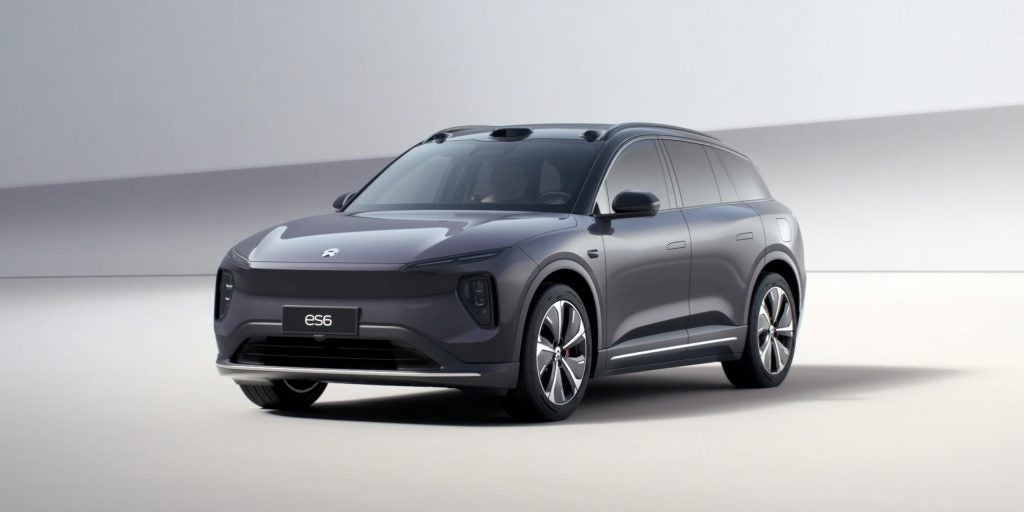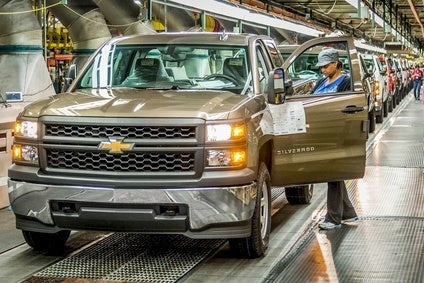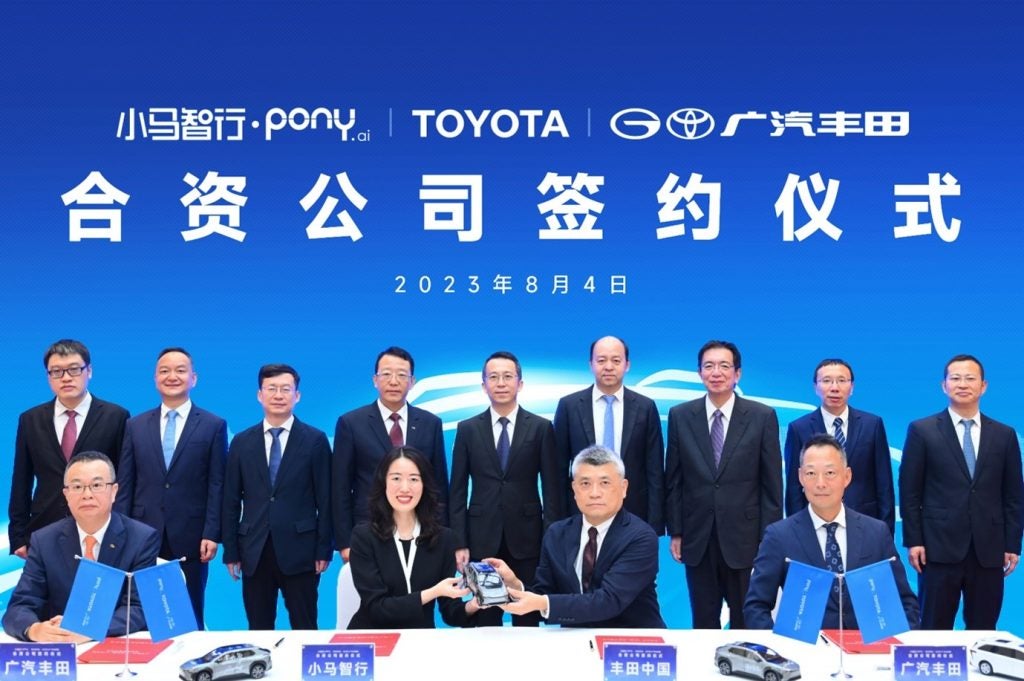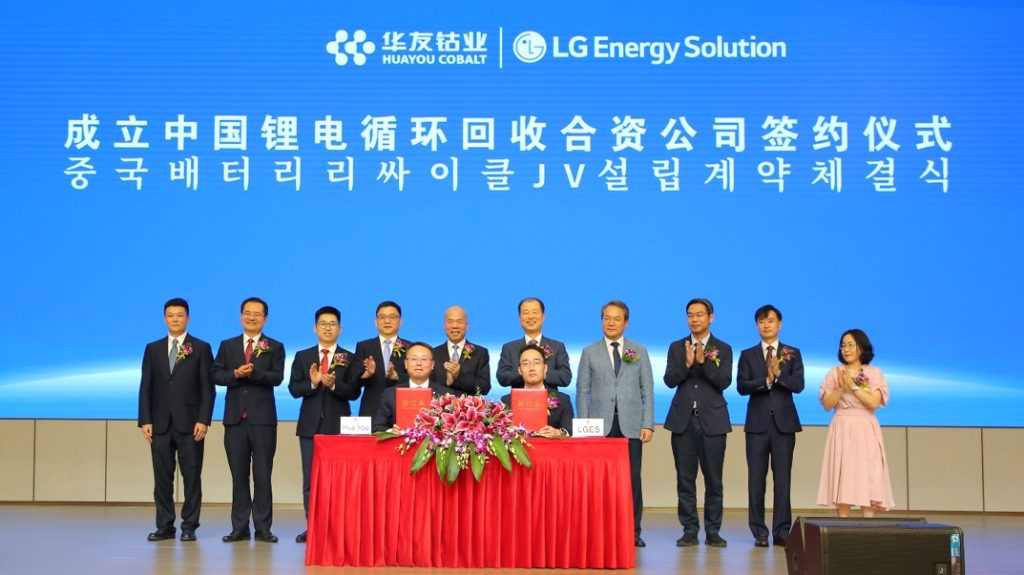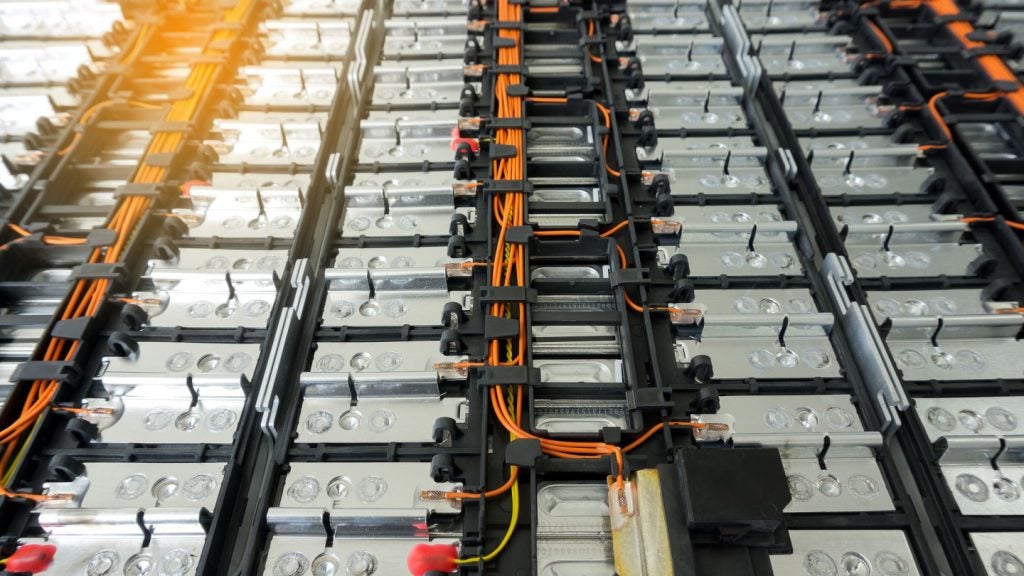Chinese electric vehicle (EV) battery manufacturer Beijing WeLion New Energy Technology (WeLion) plans to launch an initial public offering (IPO) by 2025 to help fund expansion and put new EV batteries on sale.
The Beijing company was building four new plants in China with the aim of increasing annual capacity to 30GWh by 2025 from 6GWh now.
Founder Li Hong said he was targeting a 20 times increase in annual revenue to CNY10bn (US$1.4bn) by 2025 and noted that, in the latest private funding round, the company was valued at CNY16bn.
WeLion is known for high energy batteries which give EVs a range of 1,000 km (600 miles) on a single charge. Chinese EV manufacturer Nio began using WeLion’s semi solid state 150KWh battery pack in the ES6 SUV unveiled in May.
WeLion plans to expand capacity mainly to make solid state batteries which are seen as next generation due to their high capacity cathodes which significantly increase range and performance compared with most batteries. WeLion claimed its latest solid state cells have energy density of 360Wh per kg, higher than the newest batteries used by EV makers Tesla and Lucid. Li said his technology was attracting interest from a number of global vehicle manufacturers including Volkswagen, Ford, Mercedes-Benz and Geely.


